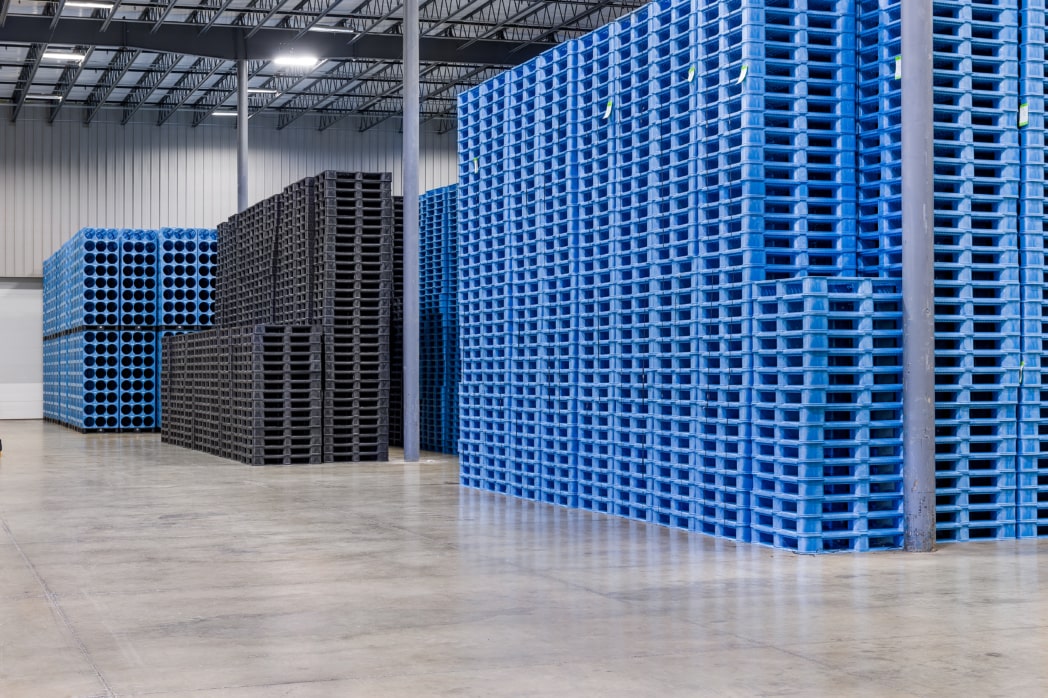The ‘Internet of Things’ (IoT) refers to the complex web of connected ‘smart’ devices such as thermostats, refrigerators and other home appliances. Use of these products is expected to continue to grow over the next few years — by 2020, the Internet of Things will comprise over 30 billion devices.
The Internet of things gives us access to a vast trove of data about how people work and live. This will have many implications for the material handling industry, which is currently in the process of developing smarter technology as part of the global drive for more efficient and transparent supply chains. In this article, we look at some of the many ways the Internet of Things can improve logistics and inventory management.
How Will the Internet of Things Impact Inventory Management?
Smart refrigerators — appliances that track your grocery use and can order needed items in advance — are one of the most commonly cited examples of the Internet of Things. Warehouses and fulfillment centers around the world use similar technology.
As the Internet of Things expands, these systems will become more predictive, allowing facilities to anticipate demand in advance and automatically reorder ahead of time. As trackable devices such as RFID-embedded pallets come into broader use, the Internet of Things will allow for improved monitoring, helping prevent shipping bottlenecks across the supply chain.
Case Study: Smart Forklifts and Fleet Management
Fleet management is another potential application of the Internet of Things in the material handling and logistics industries. Many commercial fleets today rely on GPS and smart sensor technology to monitor vehicle usage, condition and location. Expect this to continue to spread as managers demand more data-driven solutions for improving productivity, reducing fuel and maintenance costs, and preventing on-the-job accidents.
A new generation of intelligent forklifts shows this promise clearly. Smart forklifts are still in the minority, though an increasing number of facilities are realizing their potential benefits and making the investments necessary to upgrade their fleets. Some things a smart forklift can do include:
- Monitoring and diagnosing vehicle condition to indicate when service is required, allowing fleet managers to schedule work at convenient times
- Integrating with warehouse management software to develop more effective process flows and pick orders with improved speed and efficiency
- Reducing the risk of an on-the-job accident by limiting speed and detecting imminent collisions with greater accuracy
In the future, intelligent forklifts may incorporate self-driving technology and other innovations. When combined with automated material handling systems, the IoT may very well represent a sea change in the way products are handled and supply chains are managed. Ultimately, this will have a number of benefits to consumers as well as businesses, including lower priced products and faster order fulfillment.
As warehouses and supply chains evolve, companies that make smart investments in new technology will be better positioned to meet future demands. The IoT isn’t just a far-off fantasy — it’s something that is becoming more sophisticated and more common every day. For logistics and material handling companies, there’s no better time than now to explore how smart technology can improve your operations.
Polymer Solutions International, Inc. manufactures a range of different products that are easy to clean and built for long-term productivity. Keep browsing our website to explore your options or start a Live Chat session with us online or call us directly at (610) 325-7500 for assistance.



